BY HARRY IWUALA
There has been a rash of guilt-driven responses to an observation by the chairman of the League Management Company (LMC), Hon. Nduka Irabor, calling on the media to devote quality time to the domestic league.
Interestingly, those who have joined issues with him did not disclaim the points he raised, particularly on their concentration on promoting European league but rather it appears they are disturbed by the fact that he could speak such obvious truth to the media. If in doubt about the transfer of focus by the media in Nigeria from the domestic league to European football, please read a seminal work for the award of Masters Degree at the Pan-Atlantic University authored by Victor Akhidenor and published in TheCable.
One of such rejoinders published by South Africa-based Sports Laduma – the SL10 Nigeria, an online publication that has been doing quite well focusing on the domestic league – claimed that ‘the media reports what people want to hear’.
How then can the media play its role as a change agent if it only reports what people want to hear? Beyond reporting events truthfully, a fundamental responsibility of the media is educating the audience to know more than they already know and this cannot be achieved by reporting what the people want to hear as has been carelessly claimed by that writer.
Advertisement
The media is a tool for agenda setting and this also does not occur when it is reporting what the people want to hear. In setting agenda, the media succeeds in perception building where needed or perception change when it is desired. On this note, Irabor is right to have decried the lack of creativity and industry in the local media that chooses to feast on reports sourced by more industrious western media reporters building their economy by feeding our passion for football with their own content.
Marketing Communication which that writer chose to call ‘Advertising 101’ deploys make-believe to thrive and this manifests when the receiver is constantly fed with a line that it ends up accepting that product or position that is being promoted by the message. It is not by agreeing with the mind-set of the target consumer but by ignoring what the consumer knows and bringing such consumer to take notice of the existence of an option.
Advertisement
One of the problems of the domestic league that contributed (note, contributed but not caused) was the continuous disparaging reports of poor officiating and hooliganism at games. Granted that those were accurate reports, it led to negative perception of the league that has refused to go away even when the standards have improved. Reports of hooliganism are often exaggerated. The long term damage is that even those who grew up reading those reports have come to accept erroneously that our league venues are not safe and this is far from the truth.
In Nigeria, safety concerns are not limited to football venues but it is totally bunkum to consider one or two incidents in the course of 380 matches as justification of an ugly tag on the domestic league. Safety concern is part of the social mix of our environment which starts from our homes where we are encased inside high walls and steel gates. It is the fear for our safety that has made night life non-existent in most cities, a factor that has also affected football as night fixtures which ordinarily would have suited workers cannot hold. In Europe, not only are the leagues secured, there are specific national laws enacted to promote, protect and prosper football as a sport, business and family fare.
In the last season, the LMC went extra miles to address the issue of safety of match officials and while it is admitted that it was not 100% success story but it is also glaring that there has been a departure from the past.
Though, not a conventional responsibility of the league organiser, the LMC assigned match delegates the additional task of getting four policemen to escort match officials from their hotels to the stadium and back.
Advertisement
Presentations have been made to the National Security and Civil Defense Corp to compliment the efforts of the regular police at match grounds. In those European leagues we love to compare with ours, the society is already secured with close circuit television cameras that enable stadium stewards and the police to stay in offices and monitor activities. I am sure someone would not be advocating that the LMC take on this state responsibility.
It is strange that the LMC is being urged to ensure standards in organisation when it has also been demonstrated that the new order has improved tremendously what obtained in the past. The decay in the domestic league has been so profound that it will take years to resuscitate and while the LMC has been saddled with this task, it still remains the responsibility of all to bring individual or group competences to the table.
Football is not just a game, business and entertainment but is a vehicle for the promotion of patriotism, national pride, social cohesion and economic empowerment. It is this recognition that moved the late British prime minister, Margaret Thatcher and the English media to push the English Premier League in the early 1990’s to become one of the greatest profitable culture exports to the whole world. The English media did not achieve this by denigrating their football league which at some point in that era was equally struggling and did not present the spectacle it is today.
Advertisement
In working to clean the rot, the LMC has ensured that clubs are no longer paying for referees’ indemnity nor providing accommodation for them. Steps were taken in the last season to increase the allowance of referees by 25% and this can still be further increased.
At the just concluded Glo Premier League Super-4 tournament in Abuja, the LMC launched communication gadgets that will improve decision making during games by referees and also help in providing clues as to what transpired between referees and assistant referees leading to a decision. On its part, the NFF recognises the need and urgency to ensure credibility of the game and has since commenced efforts at re-training match officials.
Advertisement
These are organisational strides and there is definitely room for greater strides. But the LMC cannot provide facilities and the reality is that even the clubs in their present structure cannot change the state of facilities. A discerning mind that has diagnosed the problem of infrastructure in sports generally would readily find that we generally don’t have people-friendly stadiums. The design of most of our stadium including the newly inaugurated Uyo Stadium does not encourage the entertainment and hospitality business component of football. You can hardly find a decent convenience inside most of the stadium when pressed by nature and that is not a kind of place you would want to invite family, friends and business associates for a social outing. It thus should be the role of the media to rather than promoting Old Trafford and Emirates, initiate a campaign to get government at the states and federal to modernize the stadiums, provide hospitality suites (personal boxes or booths), lounges etc. to boost experiential value of match days.
Advertisement
A modernised Enyimba International stadium will generate sufficient revenue to maintain the playing pitch and eliminate the spectacle the author of that piece referred to. While we would not want to hold up negative models, it must also be stated that not all grounds in Europe meets the perfect standard advocated. Yet in the present state of some of our stadiums, clubs like Kano Pillars and Gombe United still draw huge turn-outs to their games and this can be traced to the inherent culture of that environment.
Match Day experiences from home is largely a function of television production and whereas Europe has ultra-modern arenas that are fitted with minimum of 16 television cameras and well equipped production suites, we are struggling to even erect camera stands at our stadiums and expecting to have the same effect of matches on television with those produced in Europe. It is akin to seeking to enjoy a 3D experience from an analogue television set. Our stadiums were designed without consideration to modern day technology that envisages camera locations and the effects on them by natural elements.
Advertisement
Beyond revenue from stadium complexes, the LMC has been championing a case for community ownership of clubs at the same time a campaign is also on-going for supporters ownership of clubs in England. When achieved here, it will free clubs from clutches of government and when people are involved and have a say in the running of clubs, it will regenerate and deepen a sense of affinity and naturally draw them to games. It also has the potential to lift club financing and bring about structured administration to club business.
In closing, it is necessary for the local media to get involved in promoting the league in order to sustain their job appeal and grow their career. There is a real danger of job loss for practitioners who lack the vision to develop their own selling points using domestic football because it is not possible to cover European leagues from here since what is being done now at best is regurgitating, copying and pasting reports of local European Journalists. A time will come when employers will elect to keep only journalists who are sufficiently resourceful to create stories that will provide content for foreign media and not the pretenders that are forming to be experts based on information and analysis of people they are not even professional enough to acknowledge.
Reporting the domestic league is neither an exclusive favour to the LMC nor the league but a pursuit of personal career development and supporting the creation of a value chain that will translate to earnings for the journalist, their employers and an enhanced sense of national pride.
1 comments
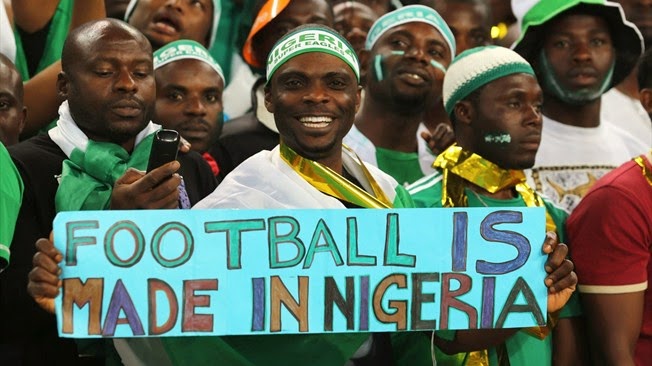
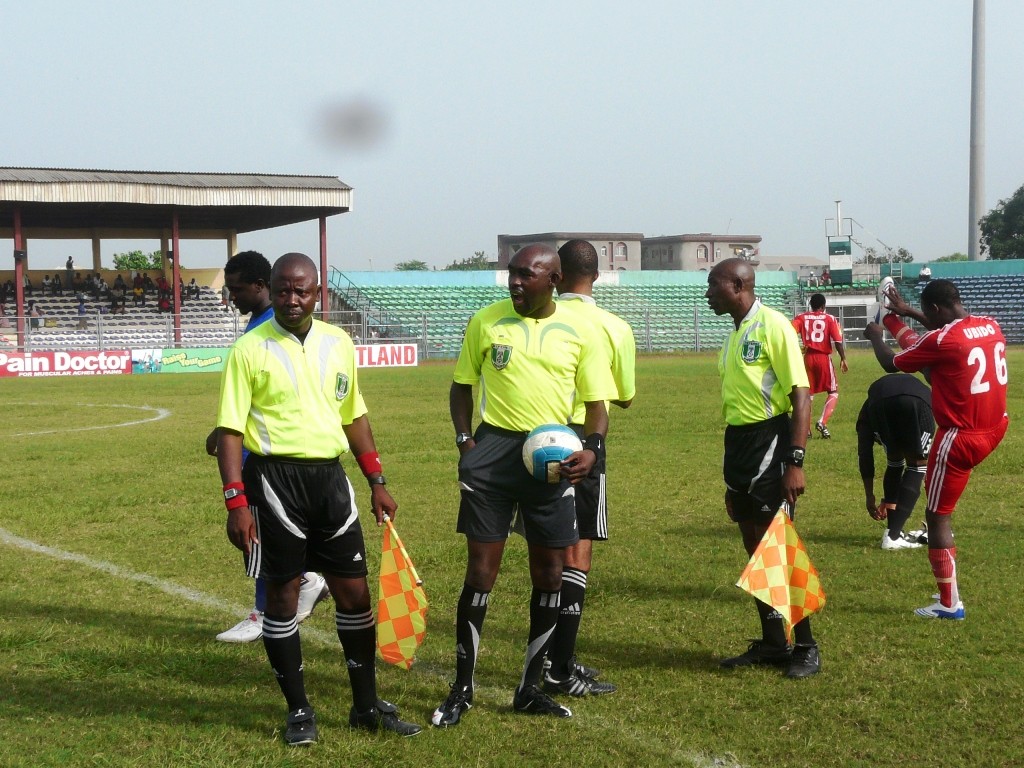
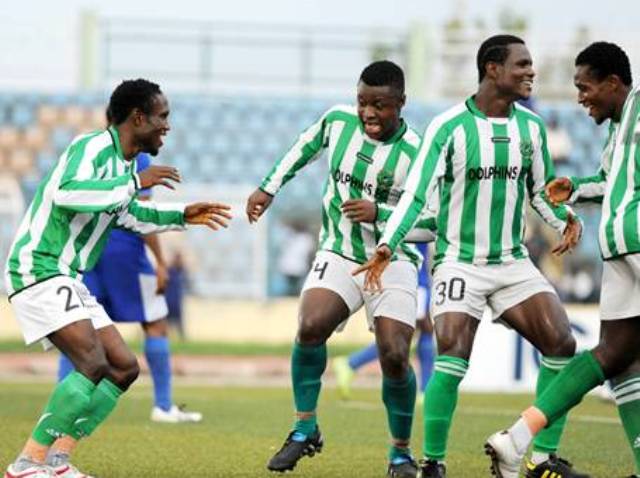
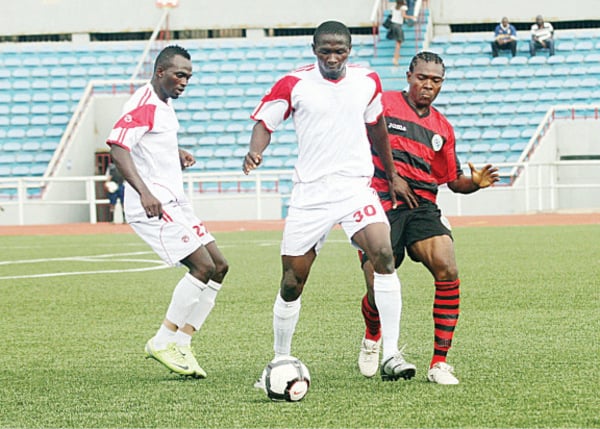
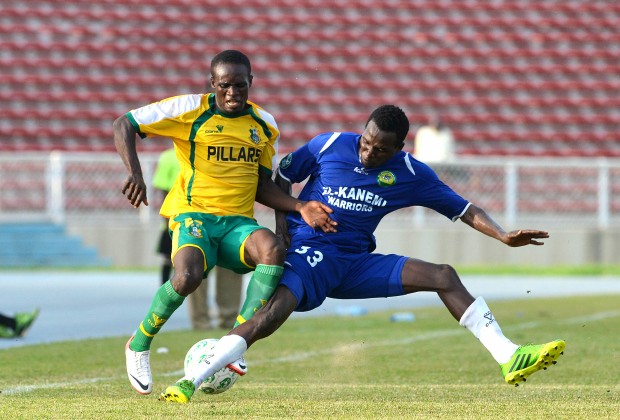
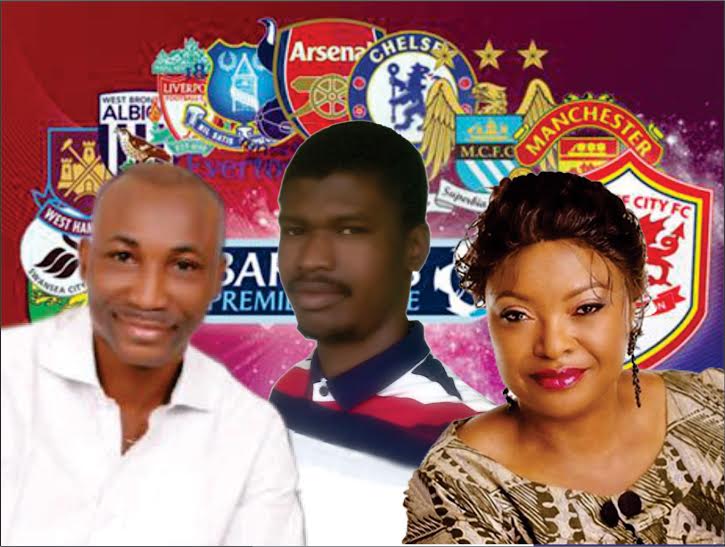
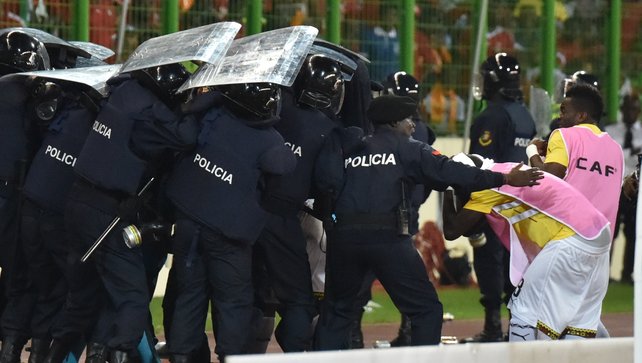
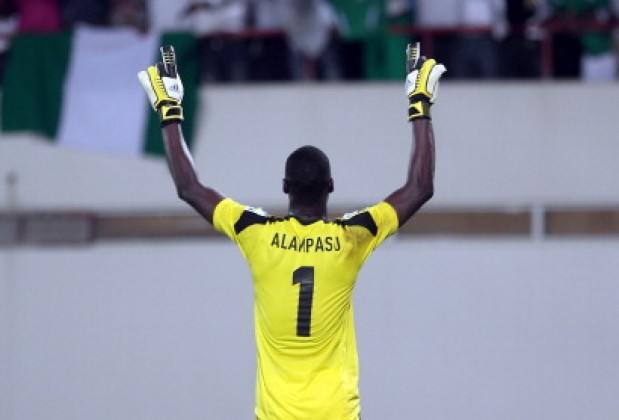
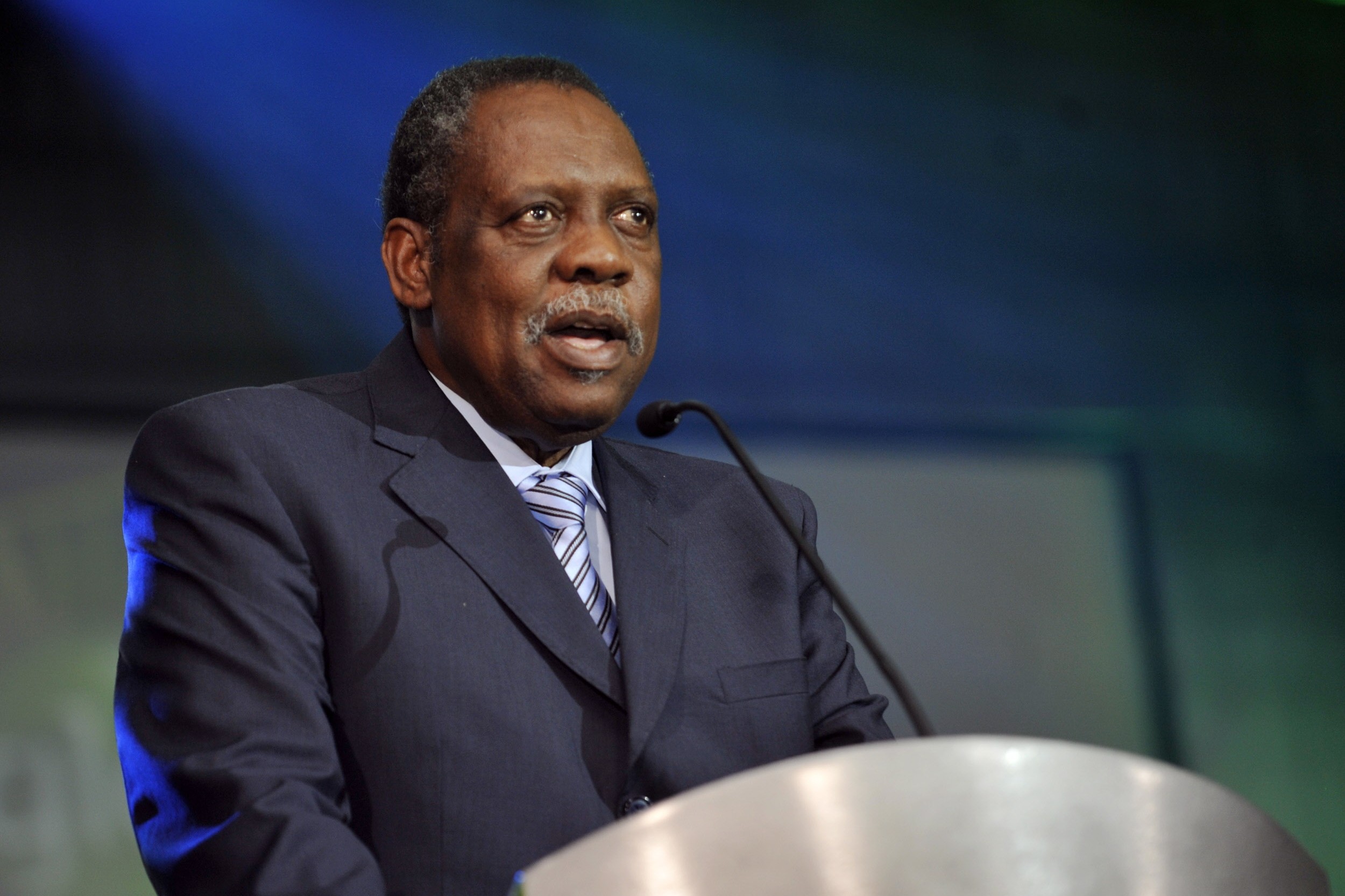
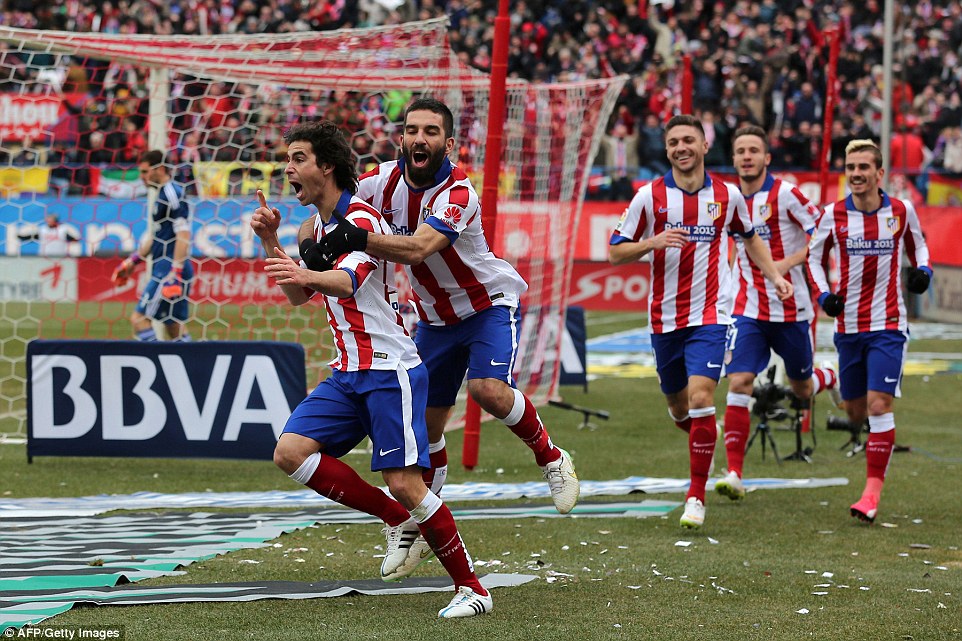
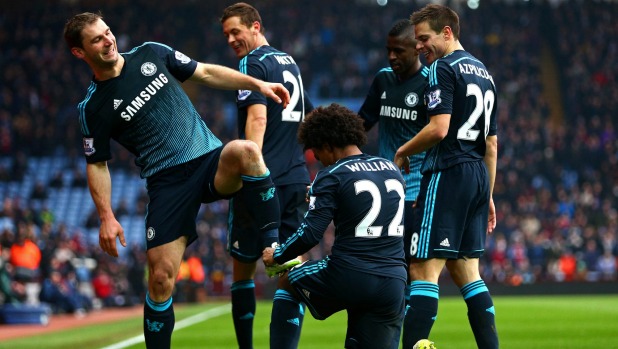
While very valid, Mr Iwuala erroneously says SL10, a site dedicated to covering local football, published the opinion piece he is referring to. That is not true – it was on Goal.com.